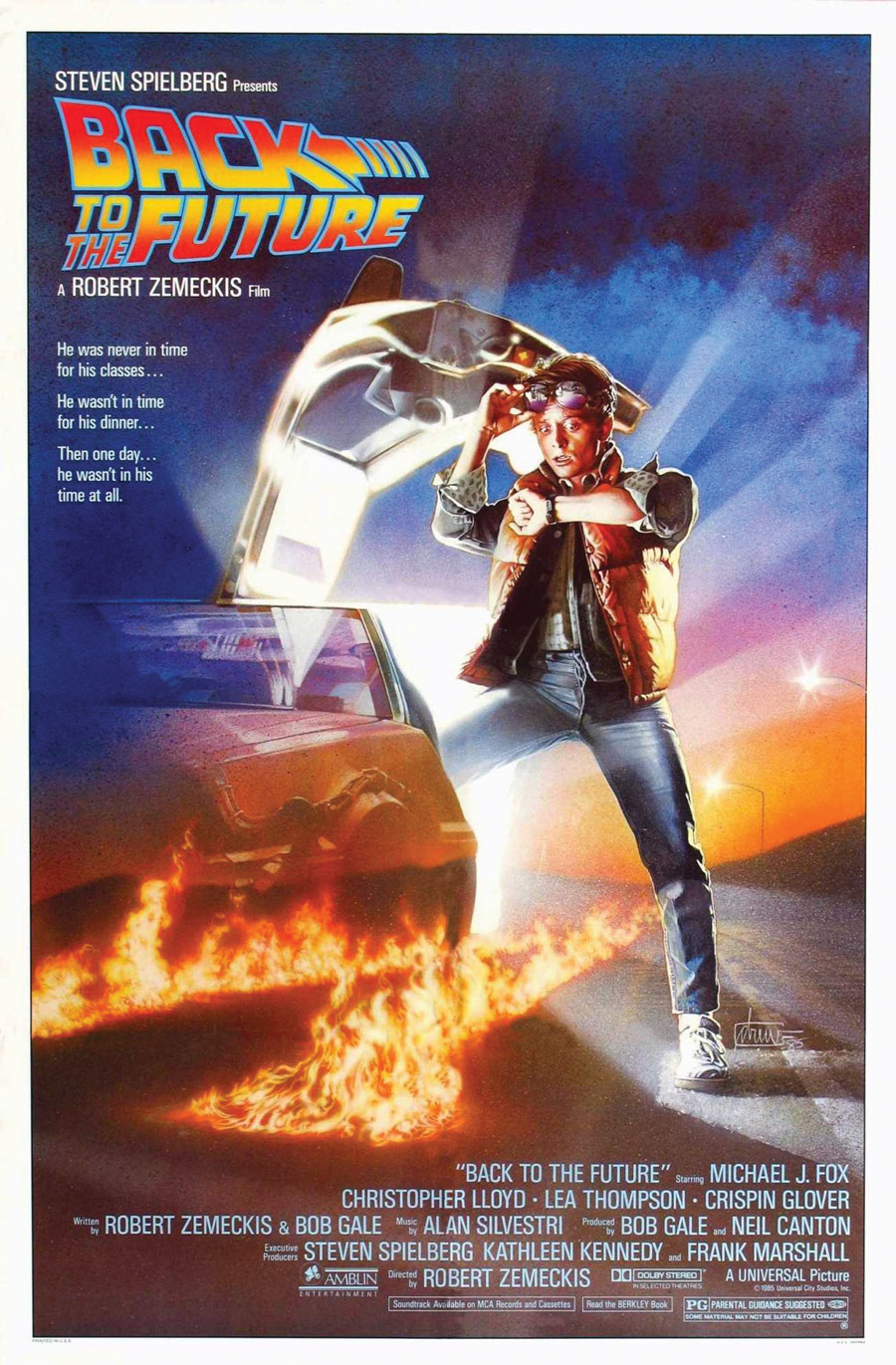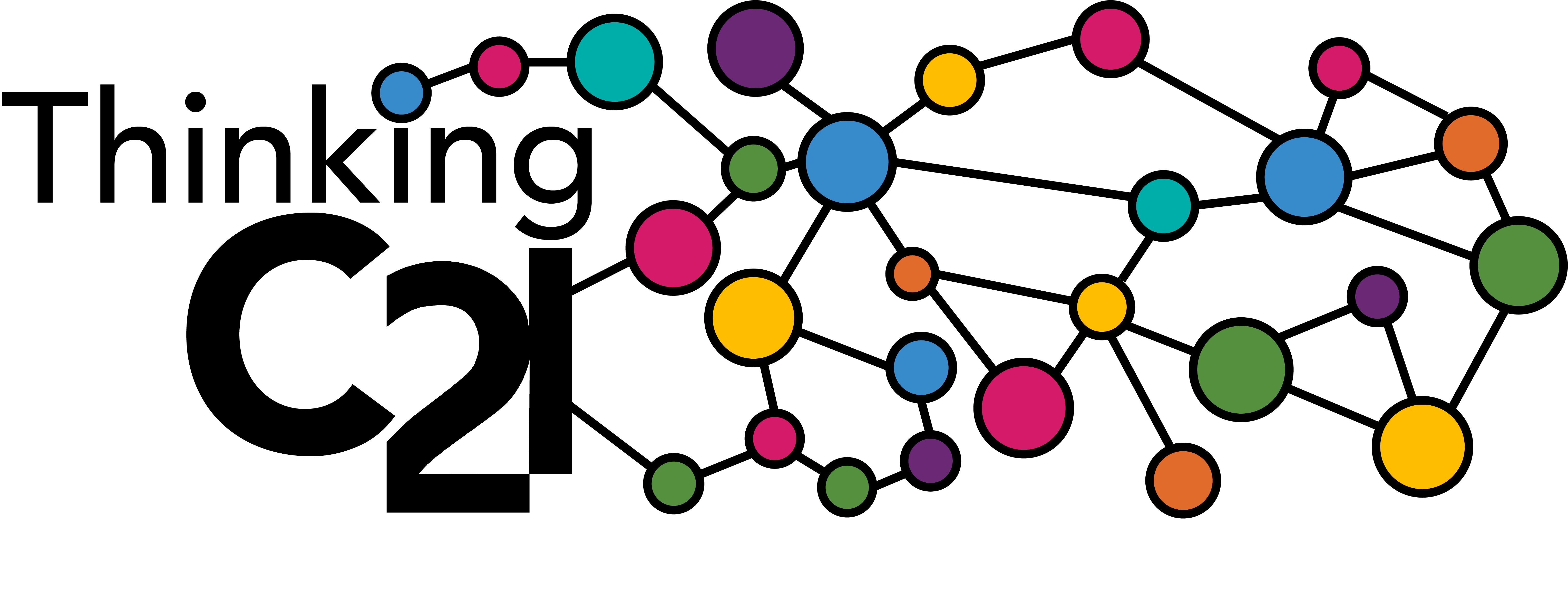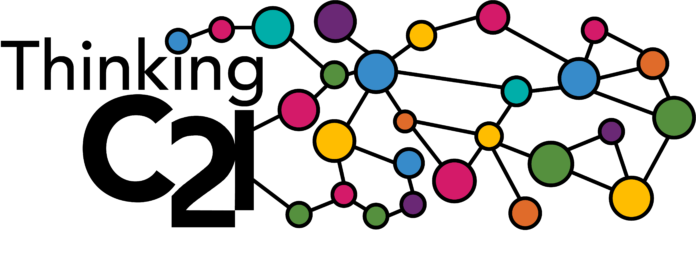By Zach Finch

Catherine Gallagher’s discussion of the alternative history novel genre was highly entertaining, thorough, and raised several issues about the nebulous thing we call “history.”
Gallagher identified three modes of the alternative history narrative: 1. counterfactual professional history; 2. alternate history within popular history; and 3. alternate history novel as historical fiction. Gallagher stated that the purpose of this genre was to judge history, not just understand it. The first of these modes asks the question “what if?” and imagines how things could have been if certain historical events had played out differently. The “what ifs” proliferate and lead to multiple potential realities. The second mode, alternate history, proposes only one change to history and looks at one alternative timeline. It looks like linear history but with one major change to sequence of events, such as if Napoleon had moved from Moscow to capture St. Petersburg. The third mode, the alternate history novel, often contains fictional characters with real life figures serving as supporting characters. This genre contains time traveling, multiverses, and asks questions such as “What if Hitler had won?”
All three modes emphasize the plasticity of history and historical interpretation. By positing counterfactual histories, layers upon layers of causality are open to speculation and perhaps, review. Point of view also greatly affects this genre. One person’s utopia is another’s dystopia.
Personally, I find alternative history immensely fun to read. It is pleasurable to speculate on the idea of alternate histories because we tend to want to control our futures as much as possible. We often worry about how things out of our control have affected us, and I think that by speculating about alternative histories it enables us to deal with the fact that we cannot control the past. Perhaps by imagining alternative histories and containing those histories within our imagination, we come to terms with that fact.
[Zach Finch is a PhD student at UW-Milwaukee in English-Media, Cinema, and Digital Studies. His research interests include national cinemas (particularly Scottish National Cinema), film genres (including Sci-Fi/Fantasy), and filmmaking history and techniques.]



